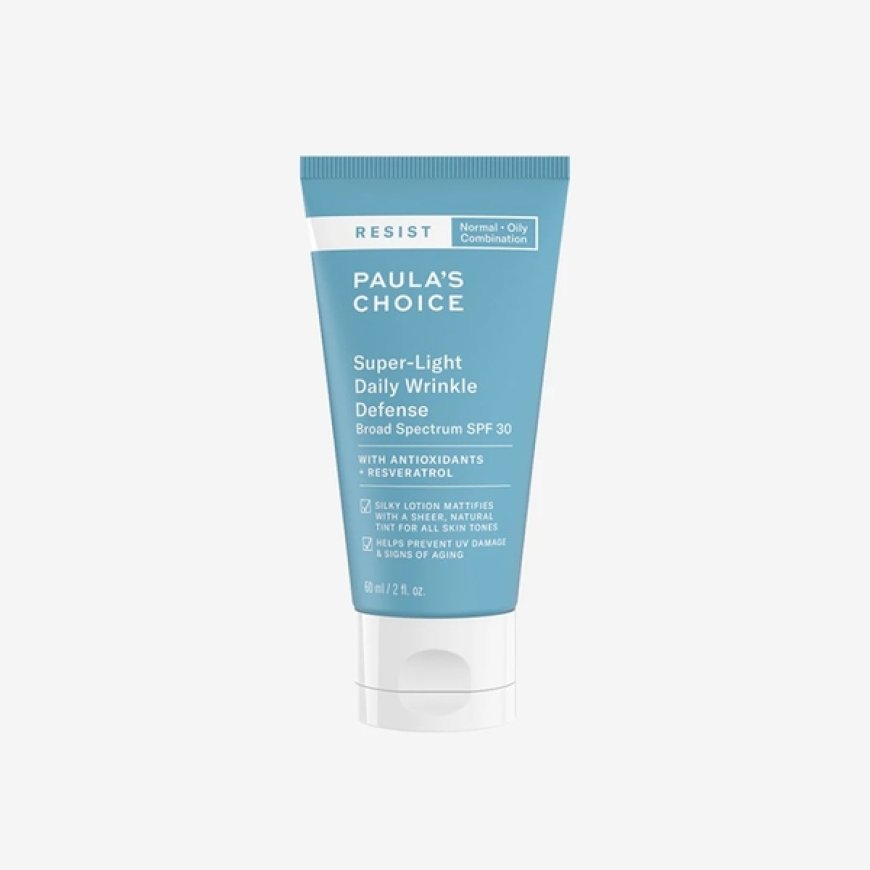How to Choose the Best Sunscreen for Your Face

Sun rays are harmful, and skin needs protection from them to remain healthy and young. Without that, they cause permanent damage over time. With myriad choices in the market for the best sunscreen for face, picking one almost feels like a daunting task. The right formulation would not only prevent sun damage to your skin but also take care of your skin type and fit easily into your daily skincare and makeup routine.
-
Knowing SPF and UV Protection
SPF (sun protection factor) measures the amount of protection that the sunscreen provides against UVB rays that burn the skin. Yet, broad-spectrum protection must also provide for UVA rays, which are responsible for premature ageing issues. Broad-spectrum will be labelled. At least SPF 30 is recommended by most dermatologists for daily use, and SPF 50 is better still in the event of extended exposure.
-
Types of Sunscreen
There are two broad types of sunscreen for face: physical (or mineral) and chemical. Physical block sunscreens usually have zinc oxide or titanium dioxide, which are barriers to UV rays as they reflect them away from the skin. Chemical sunscreens absorb UV rays and dissipate them as heat. Each has its own benefits; physical ones treat sensitive skin better, while chemical formulas tend to be lighter in feel.
-
Texture and Finish Desires
Sunscreen itself has evolved as well, and all of them possess a different texture from light gel to heavy cream. The sunscreen cream for face is likely to contain extra moisturizing properties, therefore, normal to dry skin will benefit most. The gel would be suitable for oily skin and lotions fall in between. Consider whether you'd prefer a matte, natural, or dewy finish according to your ideal skin.
-
Other Skin Perks
Most contemporary sunscreens provide more than UV protection. Some contain multifaceted benefits including antioxidants that combat free radicals, and others have soothing ingredients like niacinamide or vitamin E. The coloured version can give light coverage, which decreases the amount of foundation applied. Multi-benefit products can decrease your morning routine while offering global skincare benefits.
-
Makeup Compatibility
If you wear makeup daily, choose a sunscreen that harmonizes with cosmetics without pilling or leaving a greasy base. Paula's Choice sunscreen can be worn under makeup and blend nicely with no adverse effect, as most people like the way they leave a smooth surface without leaving any white cast behind. Always allow sunscreen to penetrate through thoroughly before you put on makeup for best results.
Conclusion
Too little sunscreen is applied by most people, which reduces its effectiveness. Use a quarter-sized amount on the face, and don't forget areas often neglected like eyelids, ears, neck, and lips. Sunscreen does have an expiration date, usually three years, but can become ineffective sooner when it gets warmed up. Monitor the expiration dates and toss products with changed smell, colour, or texture.
You might need to experiment a few to get your perfect facial sunscreen, but the effort is well worth the protection of long-term skin health and appearance. Remember, however, the ideal sunscreen is one you'll wear daily, come rain or shine.







